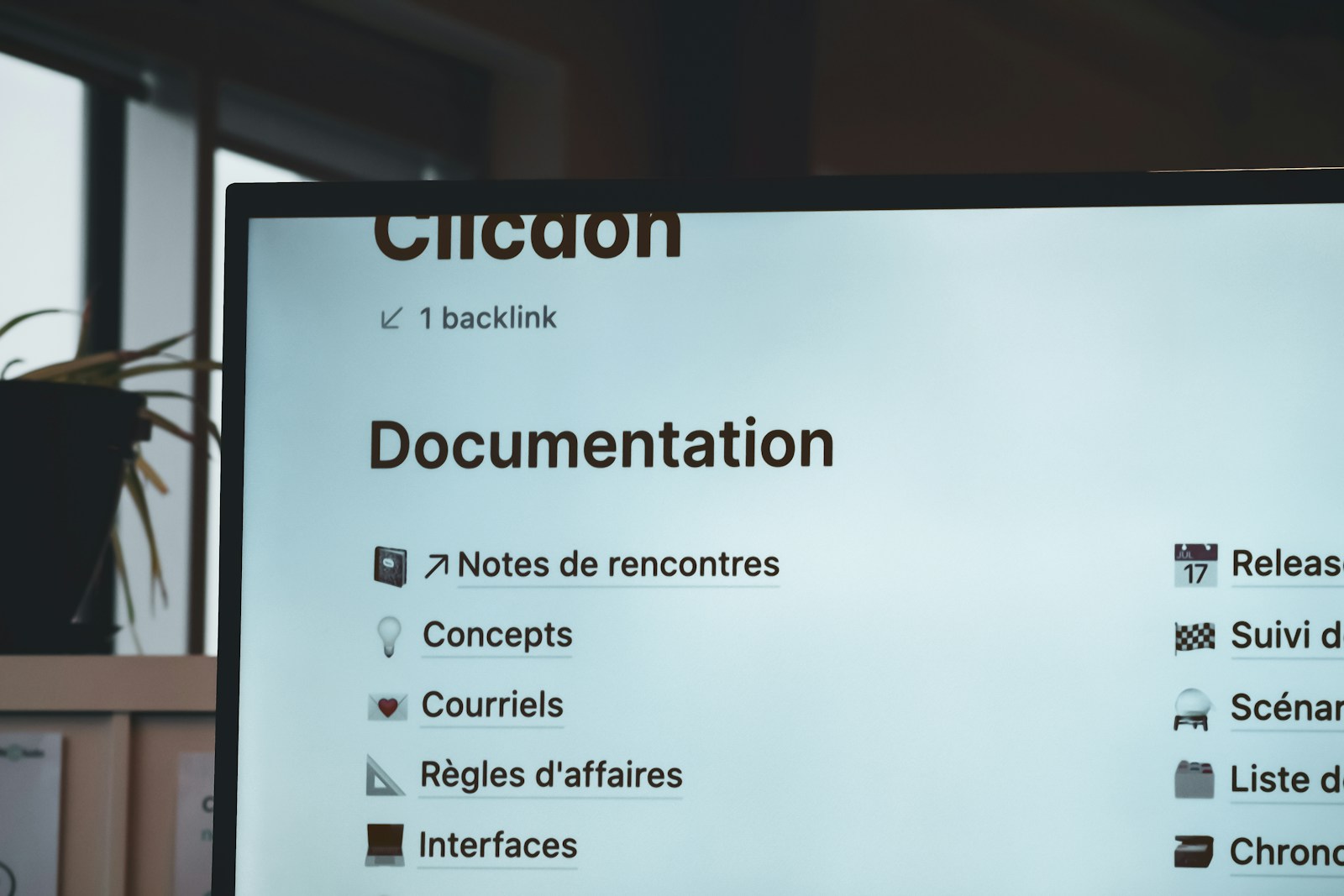AI Scribes: Transforming Healthcare Documentation for Allied Health Professionals
Introduction to AI in Healthcare Documentation
Documentation is a critical yet time-consuming aspect of allied healthcare practice. Physiotherapists, occupational therapists, psychologists, and other allied health professionals spend up to 33% of their workday on administrative tasks, reducing time available for direct patient care. AI scribes are emerging as a powerful solution to this challenge, offering automated documentation that maintains accuracy while freeing practitioners to focus on what matters most—their patients.
AI scribes use advanced technologies like natural language processing and machine learning to transcribe consultations in real-time and generate clinical documentation based on those interactions. For allied health professionals facing increasing documentation demands, these tools represent a significant opportunity to improve workflow efficiency while maintaining high-quality patient records.
The Role of AI Scribes in Allied Health
Allied health professionals face unique documentation challenges that differ from those of physicians. Their notes often require detailed functional assessments, therapeutic interventions, and progress measurements that follow specific formats like SOAP notes (Subjective, Objective, Assessment, Plan).
Specialised Documentation Needs
AI scribes designed specifically for allied health, like AllyScribe, address these specialised needs by:
- Capturing discipline-specific terminology relevant to physiotherapy, occupational therapy, psychology, and other allied health fields.
- Supporting structured documentation formats including SOAP notes and other clinical templates.
- Adapting to the conversational nature of allied health consultations.
According to Healthcare IT News, AI scribes can reduce documentation time by up to 50%, allowing allied health professionals to see more patients or spend more quality time with each one.
Benefits of AI-Powered Documentation
The implementation of AI scribes offers numerous advantages for allied health practices:
Time Efficiency
Research indicates that AI can automate up to 80% of routine documentation tasks. This efficiency translates to significant time savings—practitioners using AI scribes report spending 1-2 hours less per day on paperwork.
Improved Accuracy and Consistency
AI scribes maintain consistent documentation standards, reducing errors and omissions common in manual note-taking. This consistency is particularly valuable for allied health professionals who must adhere to specific documentation requirements for insurance reimbursement and regulatory compliance.
Enhanced Patient Experience
Perhaps the most significant benefit is the improved patient experience. When practitioners can focus on the patient rather than note-taking, they establish better rapport and deliver more attentive care. One physiotherapist reported: “With AI handling my documentation, I can maintain eye contact with my patients throughout our sessions, which has dramatically improved our therapeutic relationship.”
These benefits align with findings from Forbes, which highlights how AI is improving professional communication and documentation across healthcare settings.
Integration of AI with EHR Systems
The true power of AI scribes emerges when they integrate seamlessly with Electronic Health Record (EHR) systems. This integration creates a streamlined workflow where documentation moves automatically from consultation to permanent record.
Seamless Workflow
Modern AI scribes like AllyScribe offer direct integration with popular EHR platforms, allowing for:
- Automatic transfer of completed notes to the patient’s electronic record.
- Template customisation that aligns with existing EHR formats.
- Secure data handling that maintains HIPAA compliance.
According to Health Affairs, AI integration with EHRs is expected to grow by 30% annually, reflecting the significant value these integrations provide.
Enhancing SOAP and Therapy Notes with AI
SOAP notes form the backbone of clinical documentation for many allied health professionals. AI scribes are particularly effective at enhancing this documentation format.
AI-Powered SOAP Notes
AI can generate SOAP notes with up to 90% accuracy, as noted by Medical Economics. The technology excels at:
- Capturing subjective information from patient-provider conversations.
- Organising objective findings into clear, structured formats.
- Supporting assessment formulation based on clinical data.
- Documenting treatment plans with appropriate detail.
For allied health professionals who rely on SOAP notes, AI scribes offer significant advantages in maintaining comprehensive documentation while reducing administrative burden. Learn more about how AI enhances SOAP notes for allied health.
Specialised Therapy Notes
For psychologists and other mental health professionals, AI transcription tools can achieve up to 95% accuracy in therapy notes, according to Psychology Today. These specialised applications help practitioners maintain accurate records while remaining fully present during therapy sessions.
Occupational therapists are also seeing significant benefits from AI documentation tools. Discover 5 ways AI scribes transform occupational therapy notes to improve practice efficiency.
Addressing Concerns and Questions about AI Adoption
Despite the benefits, many allied health professionals have legitimate questions about implementing AI scribes in their practice:
Common Concerns
- Accuracy and reliability: Modern AI scribes achieve accuracy rates exceeding 90% for clinical documentation, with human review processes to catch and correct errors.
- Privacy and security: Reputable AI scribe solutions maintain HIPAA compliance through encryption, secure data storage, and strict access controls.
- Learning curve: Most AI scribes require minimal training, with many practitioners reporting proficiency within 1-2 weeks of implementation.
These concerns are valid but increasingly addressable as AI technology matures. Many allied health professionals find that the benefits far outweigh the initial adjustment period.
Future Trends in AI and Healthcare Documentation
The field of AI-powered healthcare documentation continues to evolve rapidly. Key trends to watch include:
- Increased specialisation for specific allied health disciplines.
- Enhanced natural language processing capabilities that better understand clinical context.
- Integration with Telehealth platforms to support remote care documentation.
Natural language processing (NLP) is used in 70% of AI healthcare applications, making it a cornerstone technology for future development. As these technologies advance, allied health professionals can expect even more sophisticated documentation support.
For a comprehensive overview of current trends, see top 5 ways AI scribes revolutionise allied health documentation.
Conclusion: Embracing AI for Better Healthcare Outcomes
AI scribes represent a significant advancement for allied health documentation, offering time savings, improved accuracy, and enhanced patient experiences. By automating administrative tasks, these tools allow practitioners to focus on what they do best, which is providing exceptional care to their patients.
For allied health professionals considering AI documentation solutions, the key is finding a platform specifically designed for their discipline’s unique requirements. Solutions like AllyScribe offer specialised features for physiotherapists, occupational therapists, psychologists, and other allied health practitioners, with customisable templates and EHR integration that streamline the entire documentation process.
As healthcare continues to embrace digital transformation, AI scribes stand out as a practical technology that delivers immediate benefits to both practitioners and patients. Learn more about enhancing healthcare documentation with AI and EHR to stay ahead of this important trend.
References
- Healthcare IT News. (2023). AI in Healthcare: Transforming the Industry.
- Forbes. (2023). The Role of AI in Business Communication.
- Medical Economics. (2023). AI and SOAP Notes: A New Era in Documentation.
- Psychology Today. (2023). Therapy Notes and AI: Enhancing Patient Care.
- Health Affairs. (2023). Trends in AI and Healthcare Documentation.


